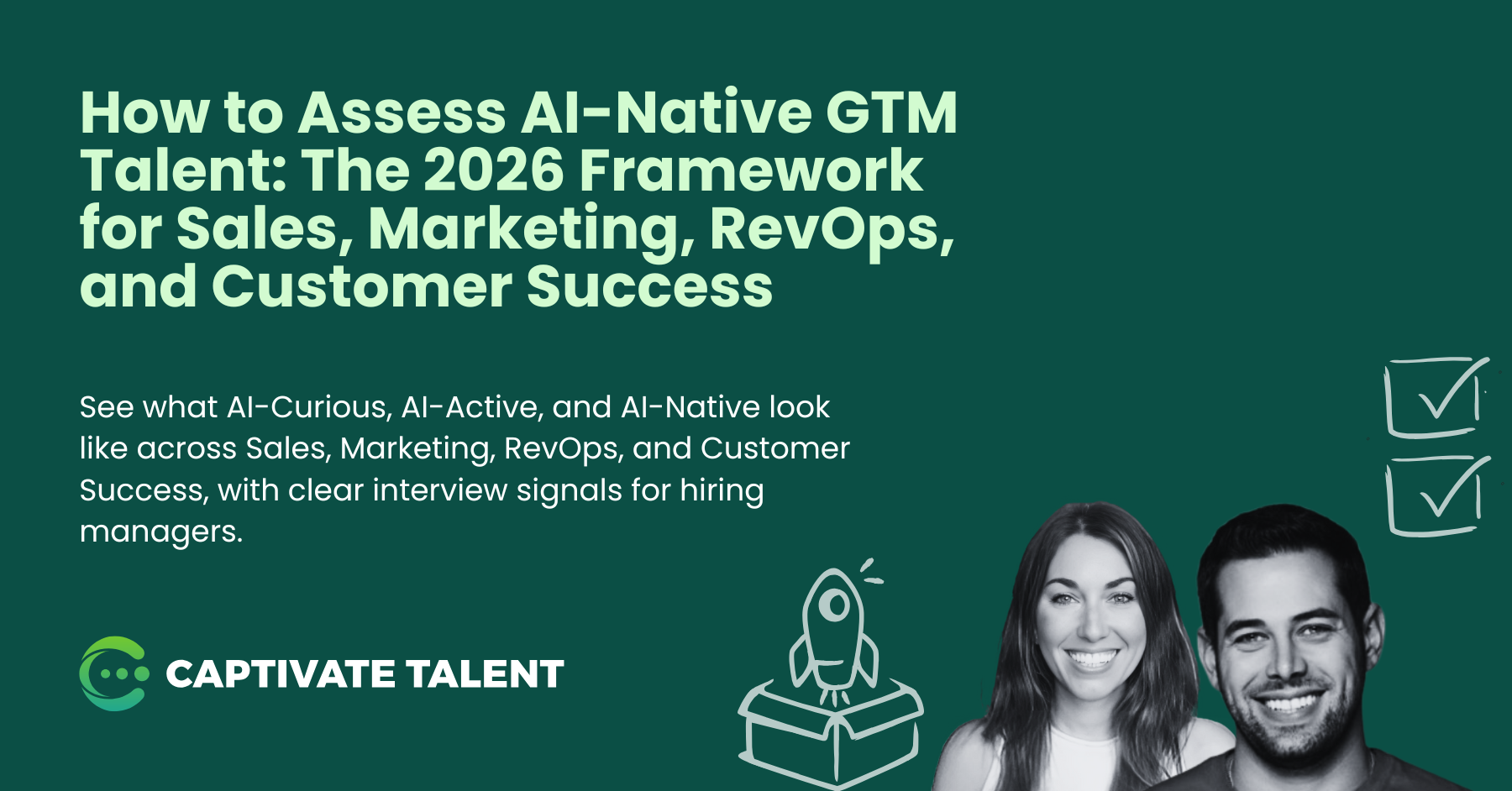Yay, you got an offer! But wait..
Wait, wait, wait.
You’ve done the hard work of finding a new job. You’ve gone through the interview process and received an amazing offer from a company you’ve been excited about! Before you pop the celebratory champagne, there’s one last step of the process. You need to tell your company that you are leaving.
Accepting a new job is a big decision in life. Resigning from your current employer can be stressful, emotional, as well as conflicting - especially if you receive a counteroffer. It’s normal to question your decision to leave when your employer asks you to stay. Flattering, we know! Make sure not to let their desperate praises cloud your vision.
Accepting a counteroffer is a big mistake.
We’re breaking down the common misconceptions people tell themselves when in this situation and why you should never accept a counteroffer.
Staying at my current company is the safe move.
Of course, it’s the safe move. You’re comfortable, you know the people you work with, you know the day-to-day of the role, you know you can do the job, and the unknown can be scary. But, staying in a company where you’re not fully satisfied won’t make you happy in the long run.
80% of candidates who accept a counteroffer and stay at their current company end up leaving within the next 12 months.
They finally appreciate me and realize my value.
Having your current employer put up a fight to keep you onboard is a wonderful feeling, especially if you have been feeling under-appreciated. While they may genuinely want you to stay, you must realize that part of the reason is that leaving the company is an inconvenience for them.
Why are they only realizing your value after you told them that another company does?
They really want me to stay, they offered me more money.
The most common way to keep an employee from leaving is to offer them an increase in salary. This may be exciting, this may be flattering, but do not fall for it.
Tip: If money is main reason you are looking for a new job, stop. Before starting your search, have a transparent conversation with your boss. Express that you feel like you deserve a raise and be prepared to explain why. If that conversation doesn’t go well, remember that, and let the job hunting begin!
Why are they willing to give you more money now that you told them you were leaving? I’ll tell you why. It is arduous for a company to find a replacement. The amount of money it costs to hire, onboard, and train a new employee is costly. It takes up time and resources that they don’t want to spend. Hiring a replacement hurts the company’s funds way more than offering you a bump in salary does.
I love my team and don't want to leave them.
Job hopping is relatively common these days (although I don’t recommend it!) There are not many people who stay at the same SaaS company for 5-10+ years, and most companies expect to have turnover.
Once you announce that you got a job offer elsewhere, it complicates your relationship with your employer, whether or not you can tell at first.
If you accept a counteroffer and decide to stay, expect there to be a loss of trust in your loyalty and dedication. They know you were interviewing, they know you are interested in leaving, and they know you are only still with them because they threw money at you. If you are in a more senior position, counteroffers are used as a quick fix to keep you in the role as they slowly begin to look for your replacement.
This will impact your future with the company. Your employers will be less likely to invest in you since you just told them that you’re not fully invested in them.
I am comfortable at my current company. I know I can do the job.
This one is always painful to hear. If you are so comfortable in your role, it is time to leave! No ifs ands or buts.
Sometimes you don’t know what you’re capable of until you step outside of your comfort zone. Learning new skills, meeting new people, working under different leadership are all extremely valuable to anyone in their career.
The comfort zone is where dreams go to die.
We don’t grow when things are easy. We grow when we face challenges. If you truly want to grow as a person you need to step out of your comfort zone and experience something new.
A counteroffer is just like a bandaid.
It’s a quick fix. My advice to anyone in this situation is to think of all of the reasons that caused you to explore new opportunities in the first place. Having a long-term mindset is key. If you accept this bump in salary, are you truly going to be happy at that company a year from now? Be confident in yourself and your ability to be successful elsewhere.
If your company is fighting for you to stay, you are clearly capable of achieving great things!
Captivate Talent is ready to help you take that leap and find you the perfect job. Reach out to us today at info@captivatetalent.com to be matched with your dedicated recruiter.












